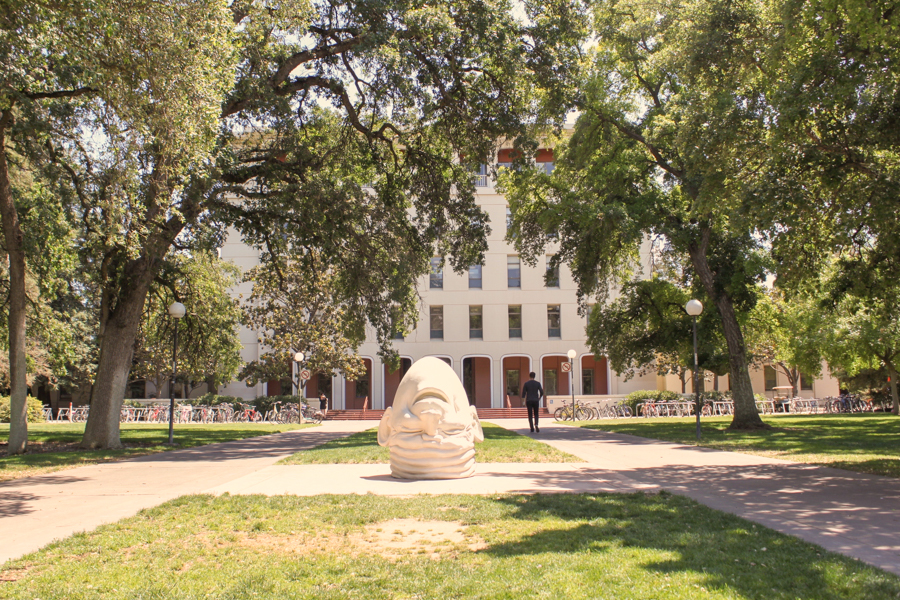
After Department of Labor ruling, University of California required to pay overtime benefits to workers earning less than $47,476
On Wednesday, May 18, a majority of postdoctoral researchers at the University of California became eligible for overtime pay after the United States Department of Labor released its new guidelines under the Fair Labor Standards Act (FLSA).
In a press release from the UAW Local 5810, a union representing over 6,000 postdoctoral workers in the UC, the ruling came as a victory after the university had previously petitioned to exempt postdocs from overtime pay.
“We fought back and won when UC tried to deny postdocs overtime protection and the right to be compensated fairly for the groundbreaking work they do,” said Anke Schennink, president of UAW Local 5810 in a press release. “While we applaud the new overtime rule and the benefit it will bring to millions of people, including postdocs, on average UC pays postdocs below what the National Academy of Sciences recommends. We will continue to push for fair pay during our next round of bargaining which begins at the end of May.”
The new rules, which will require overtime pay for workers earning a salary below $47,476, will go into effect on Dec. 1, 2016. The UC has until then to comply with the new regulations or raise salaries above the required amount.
“The National Academy of Sciences recommends that postdocs be paid a starting salary of at least $50,000 per year, which is consistent with increasing the salary of postdocs above the $47,476 a year overtime threshold,” said Jacob Burstein-Stern, a representative for UAW Local 5810, in a press release. “UC has claimed that salary increases for postdocs would lead to a decrease in positions for postdocs, although that claim has yet to be proven. In fact, the number of postdocs at UC has increased after their salary scale was raised several years ago.”
Ben Cain, a postdoctoral researcher at UC Davis, said that workers will use the new requirements to negotiate and push for higher salaries above the $47,476 yearly requirement.
“We’re excited about this because it’s a way to sort of move salaries up and make it so that postdocs are closer to what they should be earning,” Cain said. “Everybody agrees that postdocs should be paid more, and that by paying them more, research will be better and will be improved. The hope is that the university will see that.”
Previously, workers had to earn below $23,660 to qualify for overtime pay, but the figure has not kept up with inflation since it was set back in 2004. Postdoc workers bring in about $6 billion in research grants to the UC every year.
“We’ve been talking to the [National Institute of Health] about it, we’ve been talking to the Department of Labor about it ever since the new rule was proposed and the university has been against it the entire time,” Cain said. “They said ‘no, postdocs shouldn’t be included. Postdocs shouldn’t count,’ and they wanted to keep us as cheap labor. And we wanted to make sure that everybody in the country who is in the same economic slot as postdocs were, who are all working because they can’t make ends meet, we wanted to make sure that that got fixed, and it did.”
Written by: Ivan Valenzuela — campus@theaggie.org









